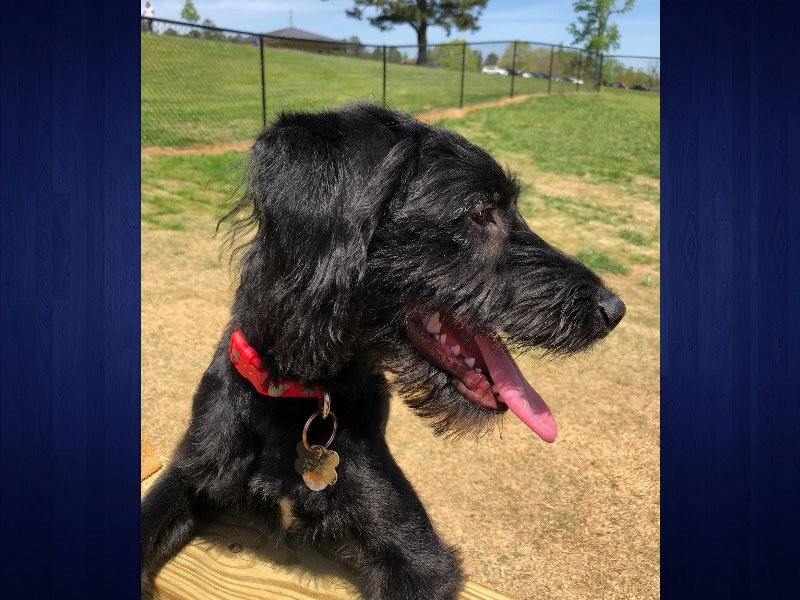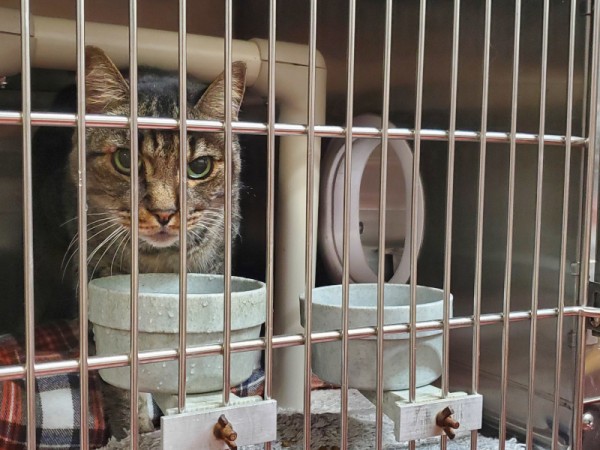Summertime means snakes in Georgia and pets are susceptible to snake bites while spending time outdoors. While not every snake is poisonous, every bite can be dangerous to a dog, cat, or other pet, as well as to us humans.
Dr. Marie Lance of Lance Animal Hospital in North Hall County told WDUN's Morning News with Bill and Joel Thursday her office had already seen its first snake bite case of the season.
She said once you recognize your pet has been bitten, begin the following as soon as possible:
- Identify the location of the bite. Check the muzzle and feet of your pet first. Lance said dogs are more likely to be bitten in the muzzle or face, while cats are more likely to be bitten on the feet.
- Identify the snake, safely, to see if it is poisonous or not. Regardless of if it is venomous, Lance said snakes' mouths are just as dangerous. "Snakes have nasty, filthy mouths, there's a lot of bad bacteria that grows in snakes' mouths. Even in non-venomous snake bites we see infection, swelling and pain."
- You may want to use a tourniquet above the wound. Lance said to place the tourniquet, not too tightly, slightly above the bite. "If they're bitten in the leg, put the tourniquet about one inch above the bite, closest to the body."
- Then, head to the vet immediately. "They're going to clip and clean that wound, flush it out. They'll probably slowly loosen that tourniquet you put on. There's debate about whether to use anti-venom or not - in some case it can certainly help, in some cases it can cause a significant anaphylactic reaction, it's very expensive and some vets don't have it. That's more of an emergency room thing, because it's very expensive and it's specific to each snake, that's why it's very important to know what snake bit your pet." Lance said some animals will be supported with fluids, steroids or opioids, and different therapies but each bite is individual so each treatment will be different.
Lance recalled a snake bite story in which a dog, Noelle, came in three days after a bite. "It was pretty obvious what it was when we shaved the foot, because it was black," Lance said. "We were fortunate enough doing our therapies that we got those tissues better but she did lose the first little digits of two toes."
Following the vet visit, or if you want to avoid snakes at home, Dr. Lance said to avoid nighttime walking, when snakes are active, call your pet back when they are outside and digging frantically, and avoid piling things up in your yard and keep the grass cut so you can see clearly.

















